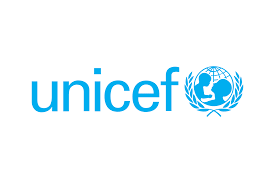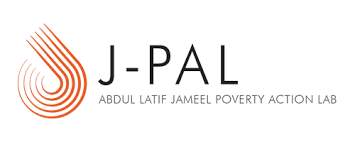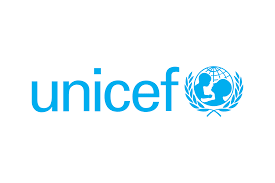The Challenge
In Ghana, 70 percent of students are below grade level in literacy and math.1 Differentiated Learning—one of the most rigorously tested interventions to improve learning—teaches students at their learning level for part of the day, with positive results across contexts.2 However, a previous study in Ghana found that only five percent of public schools implemented it, with evidence suggesting that a lack of oversight and support for teachers to adopt it in their classrooms contributed to this.3
The Evaluation
In collaboration with IPA Ghana, the Ghana Ministry of Education, and UNICEF, researchers conducted a randomized evaluation to assess whether engaging school managers (principals and circuit supervisors, supervisors of groups of about 10 geographically close schools) to improve their management practices increased the implementation of Differentiated Learning in classrooms. A total of 210 public primary schools across Ghana were randomly divided into the following groups:
- Differentiated Learning + school manager signaling: Teachers and school managers were trained in and given materials for Differentiated Learning. School managers conducted 30 minute classroom observations and completed forms highlighting the most important aspects of differentiated instruction to signal to teachers it was important, valued, and would improve test scores.
- Differentiated Learning + additional school manager training: Teachers and school managers received the same as above. School managers received additional training on effective people management and reminder sessions to support teachers.
- Comparison Group: Schools continued their usual instruction.
Results
Both interventions nearly doubled the likelihood that head teachers and school circuit supervisors observed teachers in their classrooms for more than 30 minutes (74 percent relative to the comparison group mean of 39 percent) and increased implementation of Differentiated Learning. While management measures improved for both groups, schools in Group 2 had sustained improvements in management practices. In turn, student test scores in English and math increased by one-third of a school year, with effects persisting for two years after the intervention.
Cost-effectiveness
IPA's cost-effectiveness analysis of the evaluation, including the opportunity costs for government staff, found that every USD 100 (2025 currency) spent on targeted instruction combined with basic management training boosted math and English performance by the equivalent of 0.56 additional years of schooling. In contrast, the same investment in targeted instruction with enhanced management support yielded gains equivalent to 0.32 years of education.
Policy Impact and Implications
Starting in 2022, the Teacher Training and Management Effort intervention was being scaled to 10,000 schools in Ghana as part of the government's Differentiated Learning program.
Sources
1. World Bank. World development report 2018: Learning to realize education's promise. The World Bank, 2017.
2. Banerjee, Abhijit V., Shawn Cole, Esther Duflo, and Leigh Linden. "Remedying education: Evidence from two randomized experiments in India." The quarterly journal of economics 122, no. 3 (2007): 1235-1264.
Banerjee, Abhijit, Rukmini Banerji, James Berry, Esther Duflo, Harini Kannan, Shobhini Mukerji, Marc Shotland, and Michael Walton. "From proof of concept to scalable policies: Challenges and solutions, with an application." Journal of Economic Perspectives 31, no. 4 (2017): 73-102.
Evans, D K, and A M Acosta (2023), "How to recruit teachers for hard-to-staff schools: A systematic review of evidence from low-and middle-income countries," Economics of Education Review, 95: 102430.
3. Duflo, Annie, Jessica Kiessel, and Adrienne Lucas. Experimental evidence on alternative policies to increase learning at scale. No. w27298. National Bureau of Economic Research, 2020.
Implementing Partners


Funding Partners















